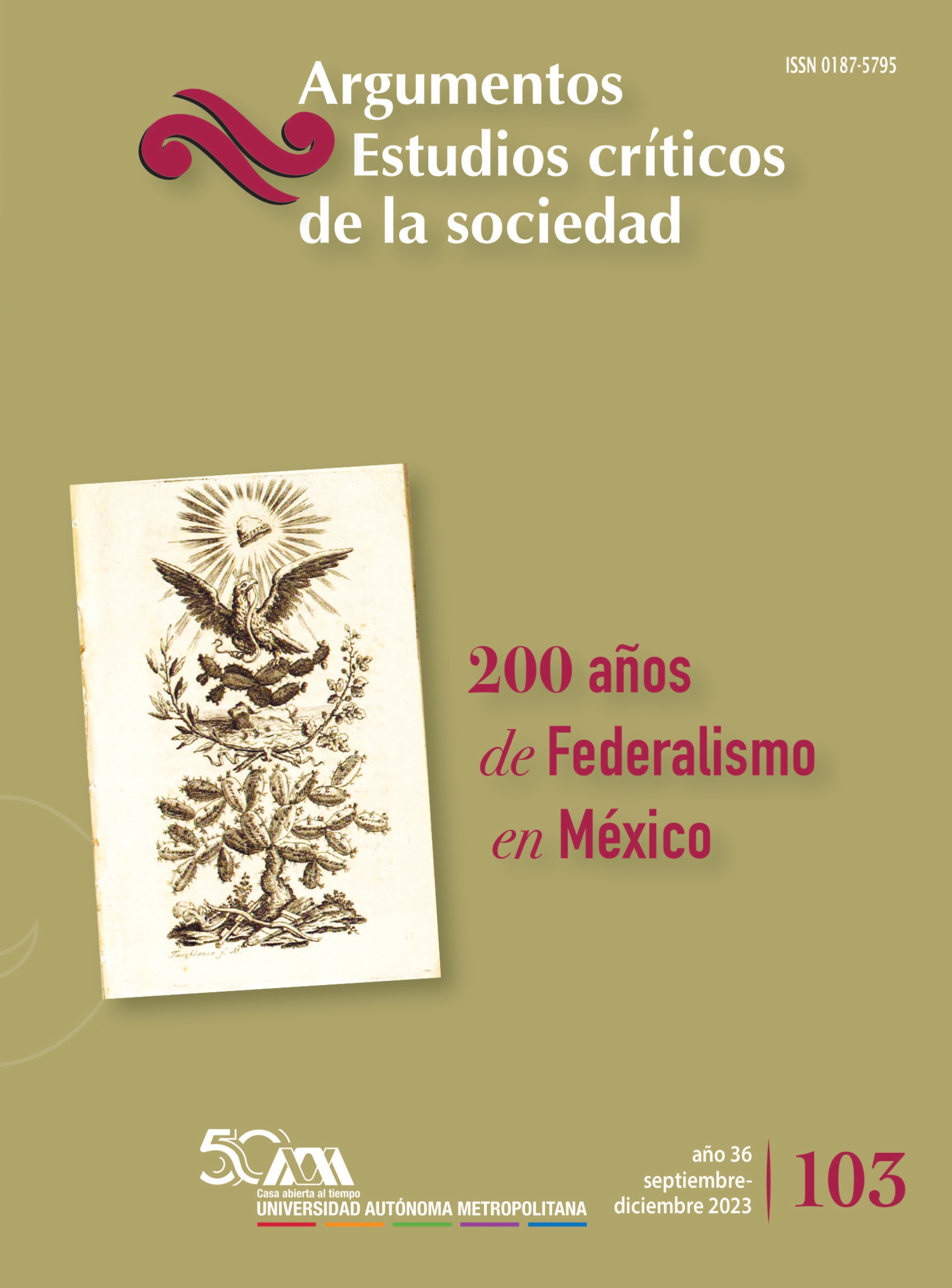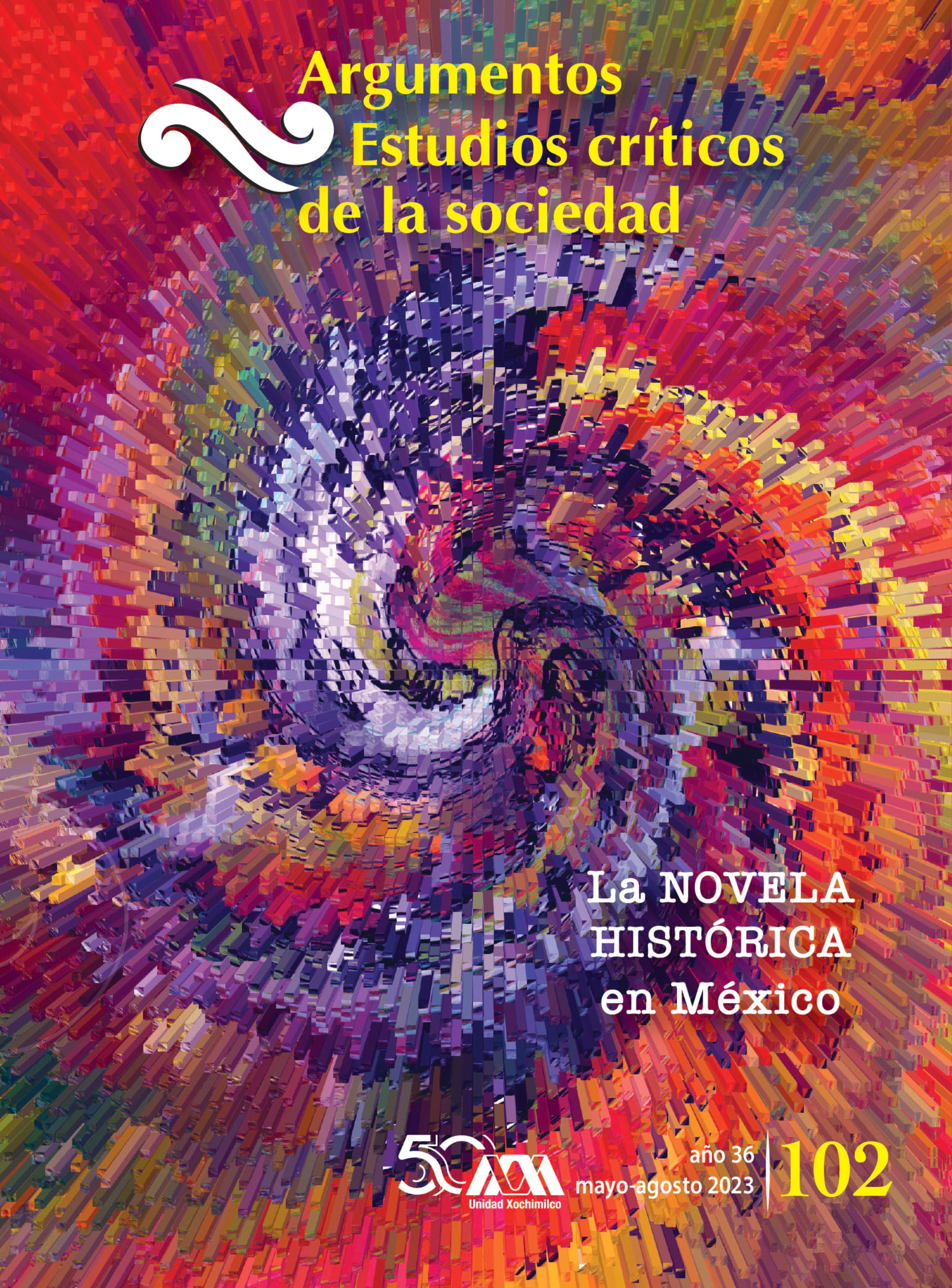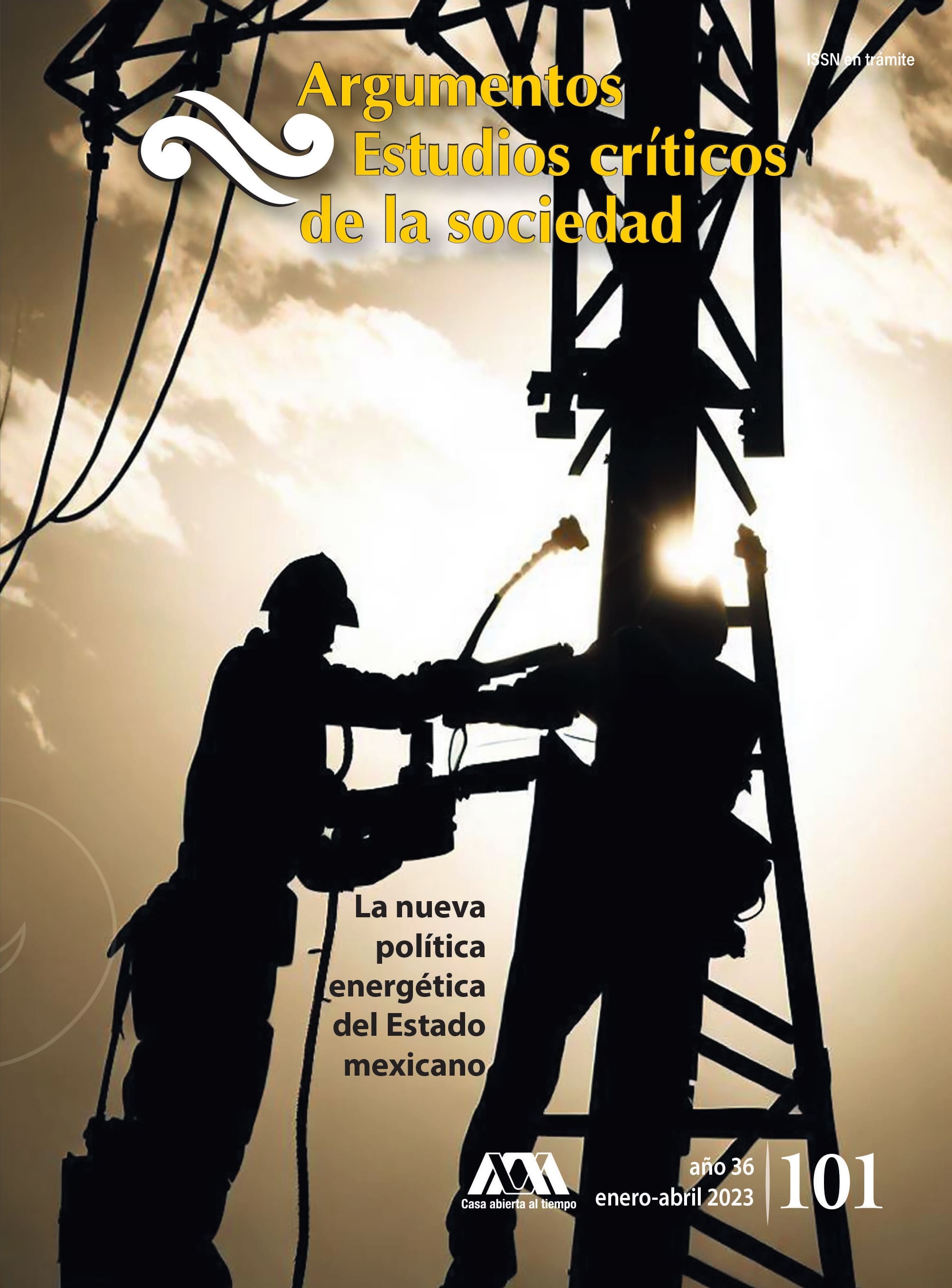Los pueblos indígenas en las constituciones de México
Keywords:
political constitutions, indigenous peoples, indian tribes, Mexican Revolution, multicultural nationAbstract
This article deals with the way in which the rights of indigenous peoples have been incorporated into the constitutions of Mexico. It begins by explaining the importance of being clear about the term called political constitution, as well as the position from where it is used. It then presents a classic typology of constitutions as tools for analysis. The analysis is held in three constitutions of Mexico: two historical from the nineteenth century and one from the twentieth century in force, along with their respective reforms. From the nineteenth century constitution, it is exposed how despite the fact that the indigenous population was numerically greater at that time, their rights were not recognized, and when they were mentioned it was only for the Mexican government to fight them. From the twentieth century one, it is highlighted how in the beginning were only recognized the agrarian rights of communities and it was until the end of the century when the constitution was reformed to recognize some minimum rights. This work/investigation concludes by postulating that a good stretch of road is missing for the rights of indigenous peoples to be a reality. Moreover, this will be possible with the union and fight of all Mexicans.
References
Azaola, Elena (1982). Rebelión y derrota del magonismo agrario. México: Consejo Nacional de Fomento Educativo/Fondo de Cultura Económica.
Beas, J. Carlos, Manuel Ballesteros y Benjamín Maldonado (1998). Magonismo y movimiento indígena en México. México: CE-ÁCATL/UCIZONI/Ayuntamiento de Eloxochitlán/CAMPO/Centro de Estudios Libertarios “Ricardo Flores Magón”.
Cárdenas, Jaime (1998). “Hacia una Constitución normativa”, en El significado actual de la Constitución. México: UNAM.
Clavero, Bartolomé (1997). “Teorema de O’Reilly: Incógnita constituyente en indoamérica”, Revista Española de Derecho Constitucional, año 17, núm. 49. Madrid: Centro de Estudios Constitucionales.
Diario Oficial, Órgano provisional de la república mexicana (1917), núm. 30, tomo V, cuarta época, 5 de febrero, México.
Diario Oficial de la Federación (1933). “Dictamen de las comisiones unidas 1ª agraria, 2ª de puntos constitucionales y 1ª de gobernación y presidente de la gran Comisión Agraria”, presentado a la Asamblea General de la Cámara, 19 de diciembre, México.
Ferrer, Manuel y María Bono (1998). Pueblos indígenas y estado nacional en el siglo XIX. México: UNAM-Instituto de Investigaciones Jurídicas.
Friedrich, Paul (1984). Revuelta agraria en una aldea mexicana. México: Fondo de Cultura Económica.
Gámez, Javier (2004). “Lucha social y formación histórica de la autonomía yaqui-yoreme 1884-1939”, tesis para obtener el título de licenciado en estudios latinoamericanos. México: UNAM-Facultad de Filosofía y Letras.
Loewenstein, Karl (1983). Teoría de la Constitución. Barcelona: Ariel.
López, Francisco (2016). “Los Acuerdos de San Andrés, proceso constituyente y reconstitución de los pueblos indígenas”, El Cotidiano, núm. 196, marzo-abril. México: UAM-Azca-potzalco, pp. 76-94.
—— (2008). Autonomía y derechos indígenas en México. México: mc editores.
Regeneración (1906). 1 de julio, tomo III, núm. 11, San Luis, Misuri, archivo electrónico Ricardo Flores Magón AE-RFM.
—— (1906). 15 de abril, tomo III, núm. 6, San Luis, Misuri, archivo electrónico Ricardo Flores Magón (AE-RFM).
—— (1906). 1 de marzo, tomo III, núm. 3, San Luis, Misuri, archivo electrónico Ricardo Flores Magón (AE-RFM).
Sayeg, Jorge (1974). El nacimiento de la república federal mexicana. México: SepSetentas.
Silva Herzog, Jesús (1985). De la historia de México (1810-1938). Documentos fundamentales, ensayos y opiniones. México: Siglo XXI Editores.
Torúa, Alfonso (2010). El magonismo en Sonora (1900-1908). Historia de una persecución. México: Ediciones La hormiga libertaria y Nosotros ediciones.
Zarco, Francisco (1979). Crónica del Congreso extraordinario Constituyente (1856-1857). México: Secretaría de Gobernación.







